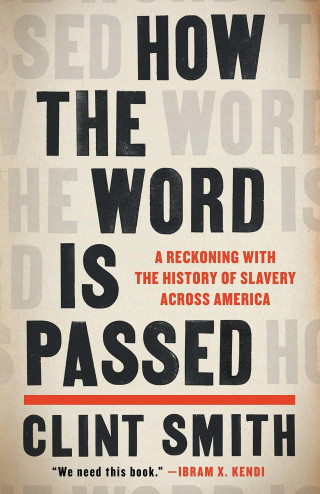For many generations, white Northerners treated the white Southern experience with an excess of politeness. If white Southerners’ relationship with their history was, as Smith put it at Blandford, a “family” story, then white Northerners would behave as if we were in someone else’s house, and avoid questioning local prerogatives. That deference, and the deceitful monuments and histories to the Confederacy that it allowed, also had the effect of “Southerning” American racial cruelty. From the Northern perspective, the history of the United States could be split into two experiments: one of them agrarian, oligarchic, nostalgic, dependent first on chattel slavery and then an explicit racial hierarchy, and broadly failed, and the other urban, capitalistic, democratic, defined by irregular progress toward racial equality, and essentially successful. But the South no longer seems so exceptional, or peculiar, in its economy or its politics. And as a public history of the enslaved and their descendants has developed, it has included some reminders—like the sugar kettles at the Whitney Plantation—that even in its racial cruelty this was always one experiment, not two.
In a striking essay in the July issue of Harper’s, the Princeton historian Matthew Karp considers the uproar over the 1619 Project—first a special issue of the Times Magazine, and now a history curriculum, which argues that the country’s defining moment was the importation of African slaves, and traces contemporary phenomena, from the racial wealth gap to differences in health care to the structure of highways in Atlanta, back to that point of origin. Conservative politicians have loudly denounced the 1619 Project (thirty-nine Republican senators, led by Mitch McConnell, called it “debunked advocacy” in a letter to the Secretary of Education) but it has also faced some more substantive criticism from a group of liberal historians, among them Sean Wilentz of Princeton, who have argued that it overstates the degree to which the Founders were motivated by a desire to protect the institution of slavery. Karp’s critique follows a somewhat different line, arguing not that the 1619 Project misleads on the facts but that its point of view is as essentialist as the one that insists on a heroic American trajectory blossoming from the vision of the Founding Fathers. In both cases, he writes, history “is not a jagged chronicle of events, struggles, and transformations; it is the blossoming of planted seeds, the flourishing of a foundational premise.” Karp focusses on the language of the 1619 Project: slavery is described as America’s “original sin”; racism as part of “America’s DNA.” Karp writes, “These marks are indelible, and they stem from birth.”
